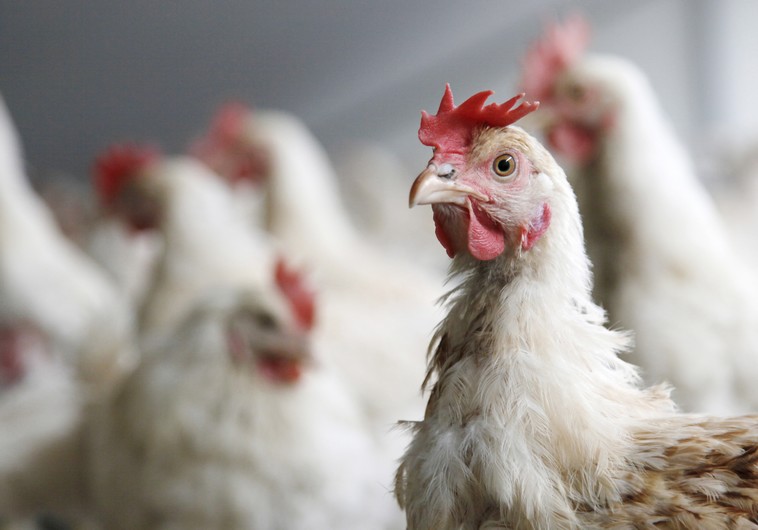Bird flu found on Dutch farm - 63000 broiler hens culled

Dutch authorities have ordered a cull of 63,000 broiler hens on Tuesday after bird flu was identified at a poultry farm in the northern province of Friesland, the country's fourth outbreak so far this winter.
Bird flu has spread across Europe in recent weeks, forcing some farmers to slaughter flocks or keep them indoors, with the threat taken particularly seriously in the Netherlands, where high farm density can help the virus to propagate.
Authorities also imposed a ban on transporting all poultry materials, including eggs and straw, within a 10 km radius of the farm. Authorities did not say which of several H5 bird flu strains had struck at the farm.
The world's second-largest agricultural exporter, the Netherlands has one of the world's biggest poultry sectors. Almost a quarter of a million birds have been destroyed in the Netherlands during this year's bird flu season.
The spread of bird flu across Europe
Avian influenza is a highly contagious viral disease affecting the respiratory, digestive and/or nervous system of many species of birds. It spreads from bird to bird by direct contact with infected body fluids, droppings and contaminated boots, clothing, equipment etc.
Reports of Avian Influenza H5N8 outbreaks in wild birds and poultry in Germany, Austria, Croatia, Denmark, Hungary, Netherlands, Poland and Switzerland have resulted in the risk level for Avian Influenza incursion to the UK via wild birds being raised from “Low” to ‘Medium’.
On 3 December, a new case of high risk bird flu was found in southern France prompting a 7000 duck cull.
On 25 November, Swedish authorities decided to cull at least 37,000 poultry after a highly contagious bird flu outbreak was confirmed on a farm in southern Sweden – but the figure may rise.
On 24 November, a case of high risk H5N8 bird flu was confirmed in the German state of Lower Saxony and about 16,000 turkeys have been culled, authorities say.
And on 18 November, following the discovery of cases of highly pathogenic avian influenza H5N8 in several European countries, France decided to raise the level of risk of disease from "negligible" to "moderate".








